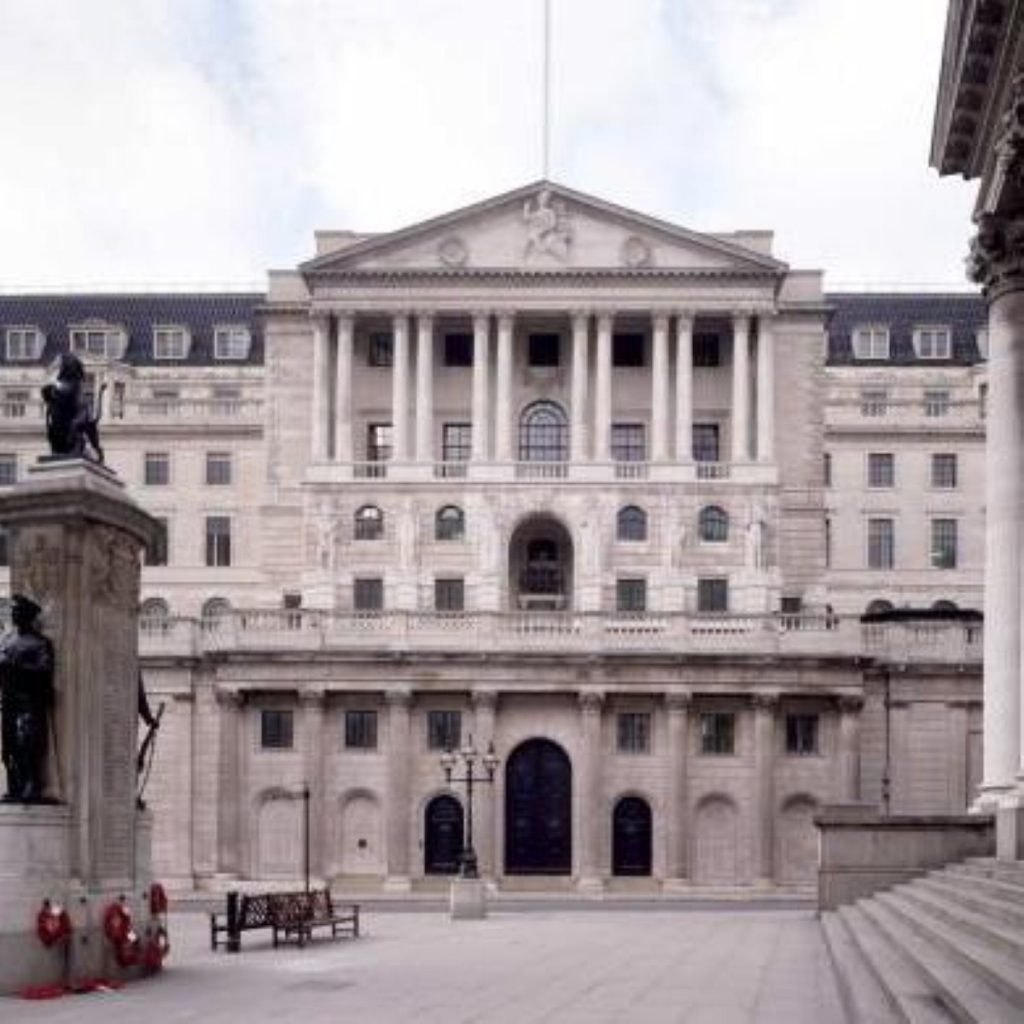Interest rate cut to two per cent
The Bank of England has cut interest rates by one per cent, leaving the curent level at two per cent.
It is the third cut in interest rates in as many months.
The monetary policy committee’s (MPC) decision has come after a week of poor economic, mortgage and house price data and puts the base rate at two per cent – the lowest level since 1951.
Last month saw a 1.5 per cent cut, after a 0.5 per cent reduction in October, so rates have dropped from five per cent to two per cent in three months.


The last time rates dropped by so much in such a short space of time was in 1992.
A statement from the MPC said rates were cut as business surveys “weakened further and suggest that the downturn has gathered pace” while consumer spending and business investment have “stalled”.
The rate setters also said more action was need to get banks lending again on the high street.
“The committee noted that it was unlikely that a normal volume of lending would be restored without further measures,” the MPC stated.
Andrew Montlake, at mortgage broker Cobalt Capital, said: “In slicing interest rates by a further one per cent, the Bank has sent out a clear message that we have a tough year ahead.
“My feeling is that the MPC is trying to catch up with events that overtook it, and there is no doubt that this cut should have taken place sooner.”
Simon Rubinsohn, chief economist at the Royal Institution of Chartered Surveyors (Rics), said the rate cut will not be enough to halt house price drops and rising unemployment.
“Households and business will take some comfort from today’s bold move by the Bank of England, which is a much needed response to the dramatically worsening conditions across the whole economy,” he said.
“However in our opinion it will not on its own be sufficient to bolster confidence given the scale of the current financial crisis.”
He added consumer spending will remain subdued throughout 2009 and house prices will continue to fall despite the sharp drop in the cost of money, leaving first time buyers very much on the sidelines.
“Further significant job losses will be announced in the run up to Christmas and into the first half of 2009, putting pressure on the Bank to cut rates further.”
Catherine MacLeod, chief economist at BDO Stoy Hayward Investment Management, explained the recession will be at least as tough as the early ’90s.
“The recession is inevitable, but lower rates could help mitigate the problem – in essence, the BoE is running to stand still – but is at least not falling behind,” she said.
She added the bank’s interest rate cuts had at least stopped banks increasing lending costs to consumers.
“The sharp declines in the base rate will also help banks rebuild their balance sheets – crucial to ensure that lending eventually recovers,” Ms MacLeod added..
There has even been speculation that interest rates could fall further – to record lows in the coming year – even to zero per cent.
Rupert Lee-Browne, chief executive of Caxton FX, said: “There is a historical precedent here. When Japan faced a banking crisis in 1989, it was followed by deflation and rates were eventually cut to zero per cent in order to re-inflate the economy.
“Interest rates in Japan currently stand at 0.3 per cent.”
This morning Sweden cut its interest rates by 1.75 per cent to two per cent – posting speculation when the European Central Bank sets rates this afternoon.

